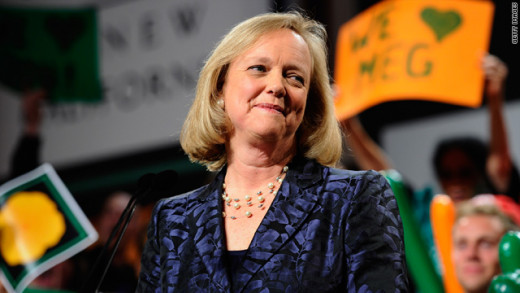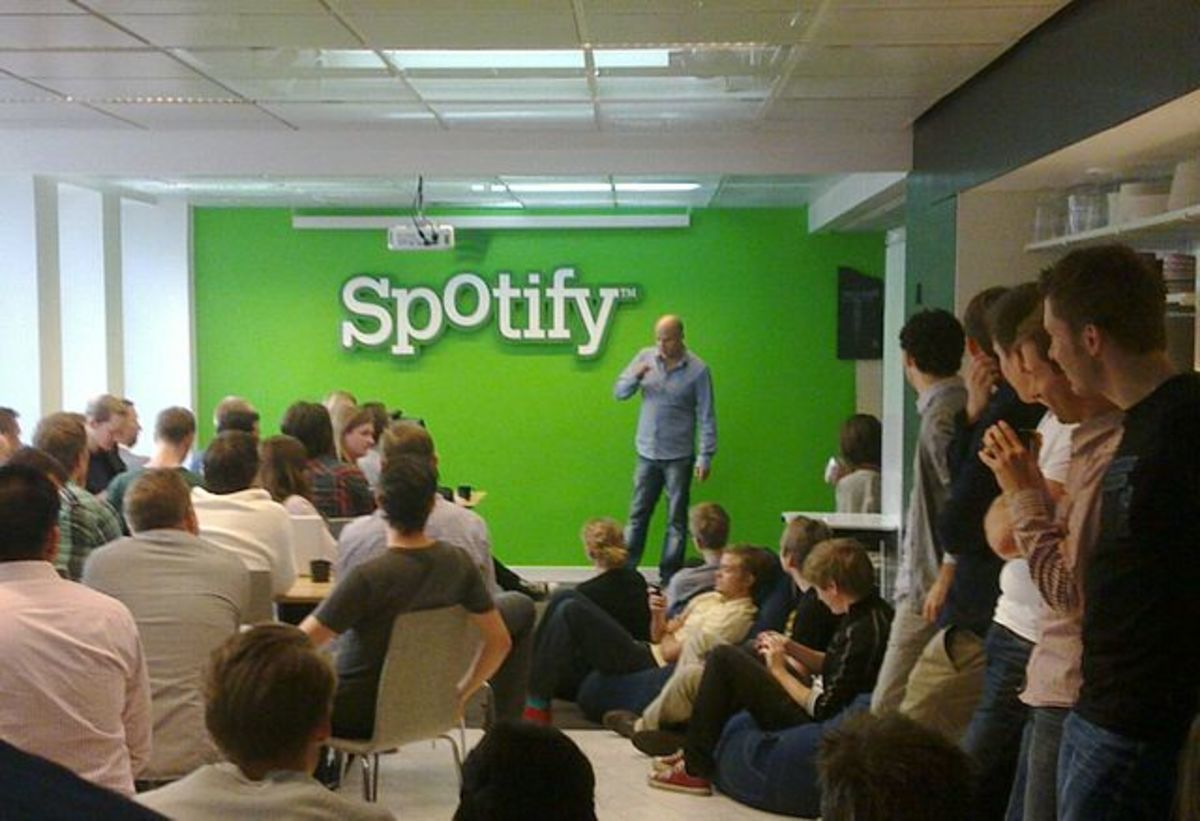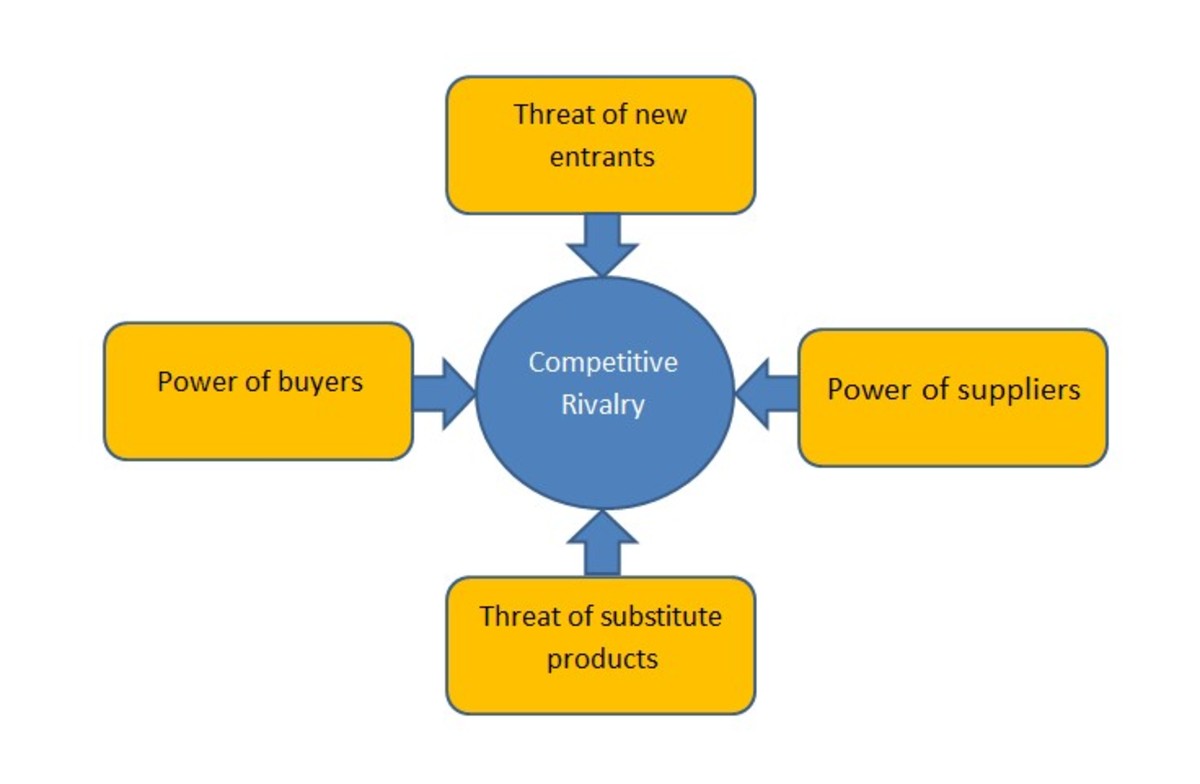Quibi, the Streaming Service Millennials Don't Want.
What it is.
Quibi is a streaming service catered to mobile devices. It is aimed at a younger audience and will provide bite-sized pieces of content (ten minutes or less on average) to your cell phone. It was started by Meg Whiteman (Former CEO of Hewlett Packard and Ebay) and Jeffery Katzenberg (Former chair of Walt Disney)
"There may be long stories, but you can get a full experience in 10 minutes if you're waiting at a doctor's office," CEO Meg Whiteman said of the upcoming services.
They have promised to condense content from a standard half-hour or hour format to ten minutes or less. The assumption made by those at Quibi being that millennials will flock to content that is shorter and able to be viewed on a mobile device such as a phone or tablet.
It has promised to deliver quality content from the likes of Sam Raimi, Guillermo del Toro, Antoine Fuqua, and Jason Blum. From its own estimations, the average cost to produce some of its more impressive content will be over $100,000.00 per minute. The team at Quibi is confident they can offset these exorbitant expenses by charging a fee of $5.99 a month for the service. That fee, however, will not exempt you from seeing ads, another revenue source that Quibi has pointed to in order to keep the company in the black.

Meg Whiteman is no stranger to controversy. Her time and HP and eBay had its fair share of issues. Add in an unsuccessful run for Governor of California and you have a CEO with a divisive background.
Regardless of Whiteman's past performance, the business model is fundamentally unsound. The entire revenue stream for the company hinges on the idea that millennials are willing to pay $5.99 a month for content that is under 10 minutes long accompanied by ads. Quibi has another option that is $7.99 a month without those ads. In an ever increasingly competitive streaming landscape, Quibi expects to compete with the likes of Netflix, Hulu and now Disney Plus, all while offering less.
Let's look at Netflix. Netflix's plans start at $8.99 monthly and go up to $15.99 per month. Granted, that is more than Quibi's plans are charging. The big difference here is that Netflix is an established company with a massive number of subscribers as of right now. Netflix has established its dominance in this market, and it has done so without ads. Millennials have flocked to Netflix in droves for it's streaming service. Also as you are reading this article, you can access your Netflix account and all the content therein from any device. You can close this article and pull it up on your browser. You can also start watching whatever you might like from their library on your phone or tablet. Quibi isn't offering anything different by catering content to your phones. They are actually giving you less. They are taking away the ability to watch on a standard television. If you were to switch from Netflix to Quibi you would save a few dollars a month, but you would lose the entire Netflix catalog and lose the ability to watch content on your TV, and if you opted for the cheaper version, have to watch ads.
The internet is full of short content for Millennials in which ads are shown right now. And it is free. Youtube, Facebook video and other sites and apps allow users to watch content in short form without paying a dime. This content is not up to the par of what Quibi intends to bring its customers, but it's hard to see consumers paying for something they already have. When consumers want to watch quality content, they already have options. Options more affordable and with more versatility than Quibi.
Disney just recently released its streaming service with a massive catalog of some of the most popular television shows and movies ever created. Without ads, Disney charges $6.99 per month. Again, all the while offering the ability to watch on your television, tablet or smartphone.
Quibi is a distillation of Hollywood and Silicon Valley arrogance. It is the idea that if you throw enough money at any startup with a recognizable figurehead, it is bound to be successful. The company's foundational understanding of millennial wants and needs is flawed. It takes a huge logical jump from understanding that young people enjoy smartphones, to thinking that they are willing to pay for content with ads that only works on smartphones. Quibi is branding its biggest shortcoming as its biggest selling point. Young consumers are going to run away as soon as the page asking for credit card information pops up.
There is a chance that mobile providers could include a subscription to Quibi with their plans. This could provide the company with an initial customer base and some cash flow, but it will not last long. When individual consumers start itemizing expenses by themselves, a stand-alone streaming service suffering from limited content, limited viewing options, and a monthly price tag, won't make the cut.
Chalk this one up there with Juicero, Blockbuster online, and New Coke. It won't work.








